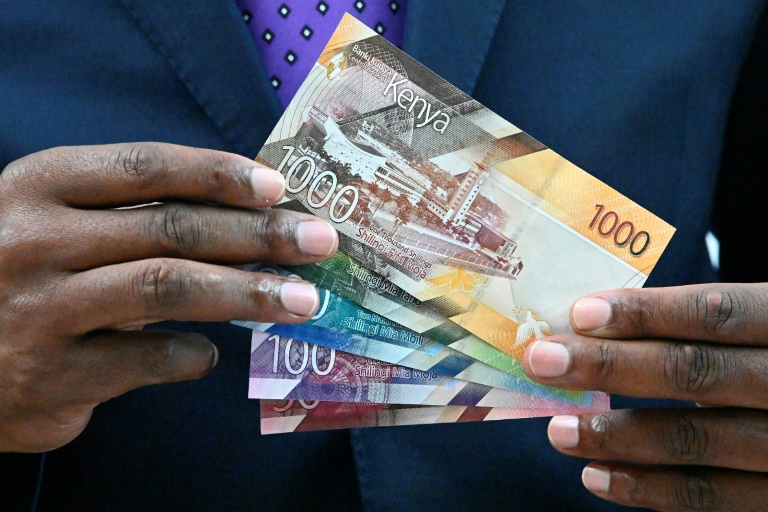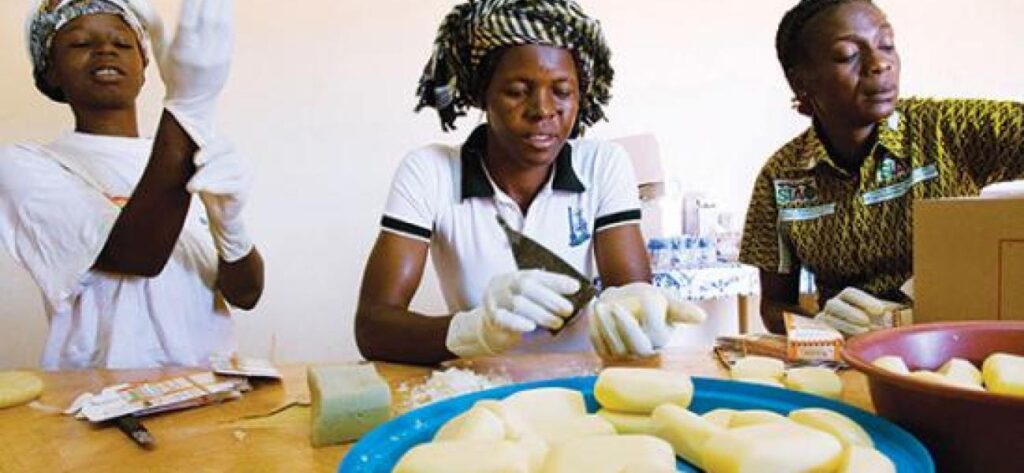
The head of Kenya’s central bank has stated that the country’s currency, which is presently trading at all-time lows, has been overvalued for several years.
This week, the Kenyan shilling fell to a rate of over 150 to the dollar, marking a decrease of nearly 24 percent within a year, as opposed to approximately 100 in October 2018.
“I think for several years now we have had an overvalued exchange rate,” Central Bank of Kenya governor Kamau Thugge told a parliamentary committee on Tuesday.
He mentioned that five or six years ago, financial institutions like the International Monetary Fund and the World Bank had assessed the shilling as overvalued by 20 to 25 percent.
“We tried to maintain a fairly artificially strong exchange rate but also at a cost of a loss of international reserves,” said Thugge, who took office in June this year.
He stated that Kenya’s foreign exchange reserves had decreased to the level of approximately 3.7 months of import cover.
“It is still sufficient to address any emergencies but there has been that decline in the level of reserves trying to defend perhaps an overvalued exchange rate,” he added.
The significant depreciation of the shilling has compounded the economic difficulties faced by Kenyan citizens, who have been grappling with a rising cost of living and the introduction of various new or higher taxes.
Outrage over escalating prices, especially for essential commodities like food and fuel, prompted a series of occasionally violent protests against President William Ruto’s government earlier this year, resulting in fatalities.
He stands accused of failing to uphold the commitments he made during the 2022 election campaign, in which he pledged to prioritize the welfare of Kenya’s impoverished population.
The government has contended that eliminating subsidies on products like fuel and implementing higher taxes is essential to enhance public finances and alleviate the national debt, which exceeds 10.1 trillion shillings ($67 billion).




